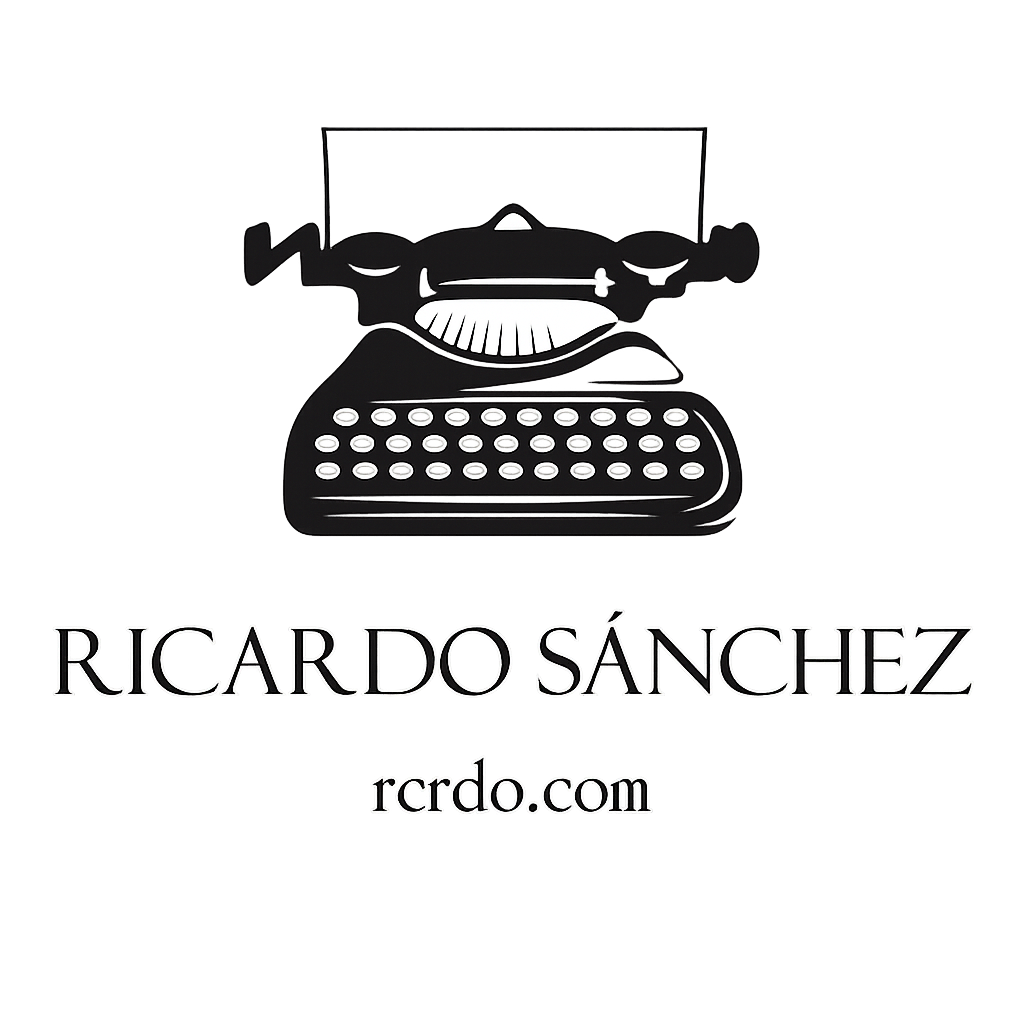Black Coffee, the Dentist, and My First Morning with ChatGPT 5

I’ve realized that even at my age, the dentist is probably the only place where I still feel truly uncomfortable — for all the obvious reasons: the sound of the ultrasonic tooth cleaner, the scraping of teeth with the dental scaler, and lying back in that chair, vulnerable, knowing that sharp pain is always a possibility. That is not something I enjoy. That’s how I spent part of my morning today. As much as I dislike going to the dentist, I know it’s a net positive, so I keep going. Now, I’m in a much more pleasant place — sipping black coffee, looking out at Westlake Avenue in Seattle, and sitting with a full stomach after devouring a delicious, spicy chorizo and egg burrito from Mas Cafe in Fremont.
At this moment, I’m writing while also trying out ChatGPT 5, which was released yesterday. I watched the announcement video and a couple of demos, but it wasn’t enough for me to fully grasp what it’s capable of or how it truly differs from its predecessors. One thing I noticed right away: the new version wasn’t available on the iPhone or Mac ChatGPT apps, only on the website. Also, I’m glad they simplified the model selection as now there are just a few options instead of a long, confusing list.
Since I’m working on a project and need a landing page, I figured I’d use the new model to build one and compare the results to earlier versions. The first thing I noticed is that it now offers iteration suggestions automatically, without me having to prompt it. In this case, it wrote the HTML and showed me a preview. Not bad at all. I can see HTML template businesses benefiting from this if they offer extra utility or services, but otherwise, anyone with access to ChatGPT 5 and a basic grasp of design could type in a prompt and get a clean, editable starting template. Also, ChatGPT 5 is available to everyone, not just paid subscribers.
According to OpenAI, the model is faster, hallucinates less, and writes better code. They describe it as feeling like “talking to an expert,” whereas previous versions felt like “talking to a college graduate”, their words, not mine.
It’s exciting to see so many companies competing to improve and democratize technology. I’m not saying it’s all good, but the energy reminds me of the late 1990s when the internet was becoming widely accessible and new services and businesses seemed to appear daily. It’s still early, but companies like OpenAI, Alphabet, and Meta are clearly pushing hard to improve their products and capture more of the market.
During times like these, I continue to value doing things on my own — writing by hand, taking photos with my own camera, filming my own videos, and talking to people face-to-face. I enjoy keeping up with new technology while also indulging in single-purpose devices like cameras, typewriters, and notebooks. This balance keeps me using my mind and curiosity without outsourcing everything to a system.
One of my concerns with AI models and chatbot applications is that their success might reduce the need for humans to learn, read, or create for themselves. That’s a worrying thought. It feels like the early stage of a society where only a small group knows how to build and make things, and the rest simply consume them.
Of course, you could say the same about other technologies — very few people understand how a smartphone or Wi-Fi works — but this feels different. Studies have already shown that when we know information is easy to find, we’re less likely to remember it. Psychologists call this the Google Effect on Memory, and it was happening long before AI could hand us a polished answer to almost any question.
Why would new generations feel the need to learn deeply when the answer is instantly available at their fingertips? Will books still matter in a world where a bot can summarize them in seconds? Will curiosity still feel urgent when answers no longer require effort?
That might sound appealing on the surface, but I can’t help wondering about the long-term consequences. How will our minds change when the exercise of learning and holding onto knowledge is no longer part of everyday life?
Have a great weekend!
